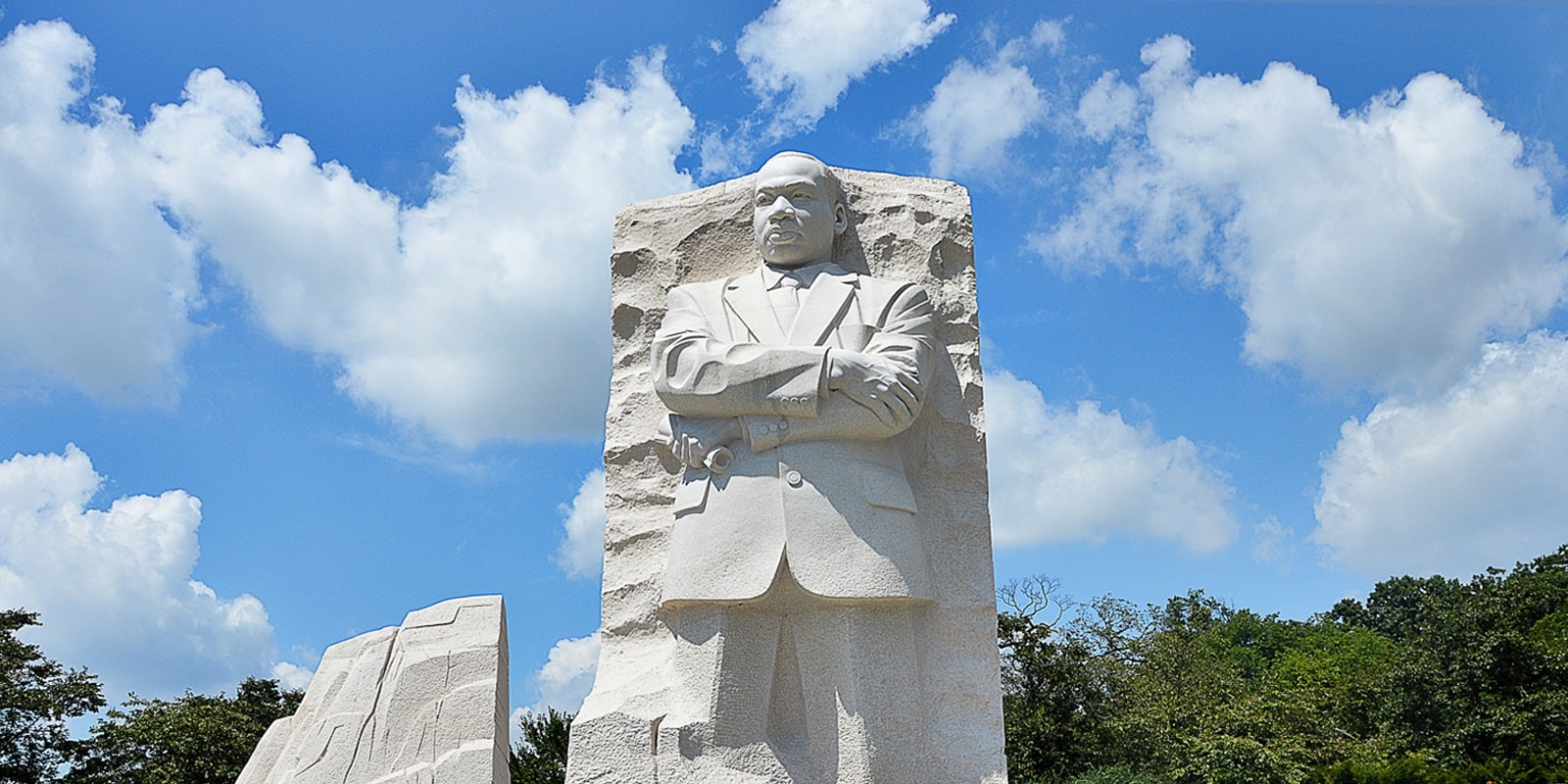


Hugh Whelchel spent much of his life helping Christians understand how their faith applies to every part of their lives. As the founder and long-time executive director of the Institute for Faith, Work & Economics (IFWE), he believed that following Christ shapes more than just our personal lives. It changes how we work, how we live in community, and how we engage with the world around us.
In one of his final interviews, recorded by our friends at Praxis Circle, Hugh reflected on how the Christian worldview has influenced Western civilization. He also spoke with deep conviction about the importance of culture and why Christians should care about it. If you watch the video, you’ll notice that Hugh is struggling to breathe. That’s because in March 2020, when the rest of the world was shutting down due to the beginning of the COVID-19 pandemic, Hugh was diagnosed with ALS, Lou Gehrig’s Disease. This interview was recorded about a year after his diagnosis in 2021, and he eventually passed away from the condition on Good Friday of last year.
In the interview, he answered the following in response to the question, “Why is culture important, and should a Christian try to influence it?” His words are still prescient for us today:
Culture is like the introduction to a book—a lot of people skip it. What do you miss when you skip the introduction? You really miss the key factors to help you understand what’s going on. I think that’s what’s important about culture.
We need to be observers of culture. We need to be able to understand what’s going on and be able to change it.
I don’t think we say “All culture is good culture.” I don’t believe that. In fact, I believe most of the culture is bad culture. So how do we make an argument to change the culture from A to B? I think we need to be able to do that. You’ve got to understand where we are.
I’ve seen things written of late with the tendency to just go put our head in the sand, go become a monk, etc. I just don’t believe that’s the answer, I don’t believe that’s what we’re called to do. It’s hard to be salt and light when no one can see what you’re doing.
So I think what we have to do is understand what the culture is, understand the effect that it has on people, and then we have to understand that the only counter influence to the culture is Christ. He’s the transformer of culture. So how do we let him use us to do that? That’s tough, that’s heavy lifting, but that’s where we need to be.
He wasn’t here to see IFWE join the Institute for Faith & Culture and become a part of the Coral Ridge Presbyterian Church family, but I have no doubt that he would be thrilled. As he said in his interview, this work of being salt and light is “where we need to be.”
If we take anything away from the life and work of Hugh Whelchel, it should be his conviction that Christ is the one who transforms culture, yet he often chooses to do that through us.
Jacqueline Isaacs Share on 𝕏
Hugh knew firsthand that life is full of challenges. He faced his final illness with grace and clarity, never stepping back from spreading the message he had spent years teaching. He truly believed that every Christian has a calling, and that our daily work is part of God’s plan to bring restoration to a broken world. This conviction shaped everything Hugh taught, wrote, and lived. He reminded us that Christ is not distant from our world, and neither should we be. In reflecting on his condition and the 23rd Psalm, Hugh encouraged all of us saying:
Every day as we rise, we need to work as hard as we can to fulfill the call on our lives by doing the work he has equipped us to do, regardless of the circumstances. We work not to prove ourselves, but because of our love for the Great Shepard and our desire to please him. “For you are with me” today, tomorrow, and forever.
The call to engage with culture is not about winning arguments or gaining power. It is about faithfulness. It is about letting the light of Christ shine through our work, our words, and our presence in our communities.
His legacy now lives on in the ongoing mission of both IFWE and IFC. If we take anything away from the life and work of Hugh Whelchel, it should be his conviction that Christ is the one who transforms culture, yet he often chooses to do that through us.









No spam, stay up to date on new articles, resources and events!
Get notified about new articles from the Institute.